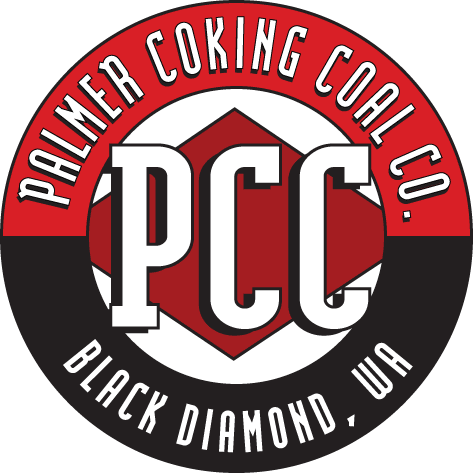About Us & History
Palmer Coking Coal Company is a producer, supplier, and retailer of a wide selection of sand, gravel, topsoil, beauty bark, red cinder, lava rock, and other construction and landscaping products. All of our products are sold either picked up or delivered. Palmer serves both commercial dump trucks and trailers and the small pick-up trade. Our motto: ‘Good products, Good prices, Good service.’ Please see our current Price Schedule for a list of our products and pricing.

History
Palmer Coking Coal Company (Palmer) is a family-owned and operated business incorporated in Durham on August 14, 1933. Our company no longer mines coal, though our roots run deep in King and Pierce Counties. Many have asked, “What does Palmer Coking Coal mean?” Palmer comes from the generally forgotten town of Palmer-Kanaskat (near Durham), located in east King County. Coking refers to a type of coal which could be partially “cooked” to extract impurities. Coal was the mineral we mined during the Great Depression, when thirty or more companies competing for market share in a declining industry. By selling good quality products, Palmer Coking Coal found favor with consumers and businesses in supplying Washington’s fuel needs.
During the 1950s Palmer acquired a land base which allowed expanded mining opportunities in Black Diamond, Ravensdale and Franklin. Diversification into other extractive products soon followed: red cinders, clay, silica, timber, sand, gravel, and topsoil. While our business has evolved to serve contemporary needs, we have always stayed true to the principles of our founders: Good Products – Good Prices – Good Service.
To learn more about Palmer Coking Coal and our company’s roots and the heritage of coal mining go to History Link.
Voice of the Valley’s "When Coal Was King"
Written by Palmer Coking Coal’s Manager Bill Kombol. The featured article in the local periodical highlights historical information with concern to the coal-mining rich history of the Pacific Northwest and abroad.
Head over to the Voice of the Valley and get caught up on the history of coal mining in the Northwest




